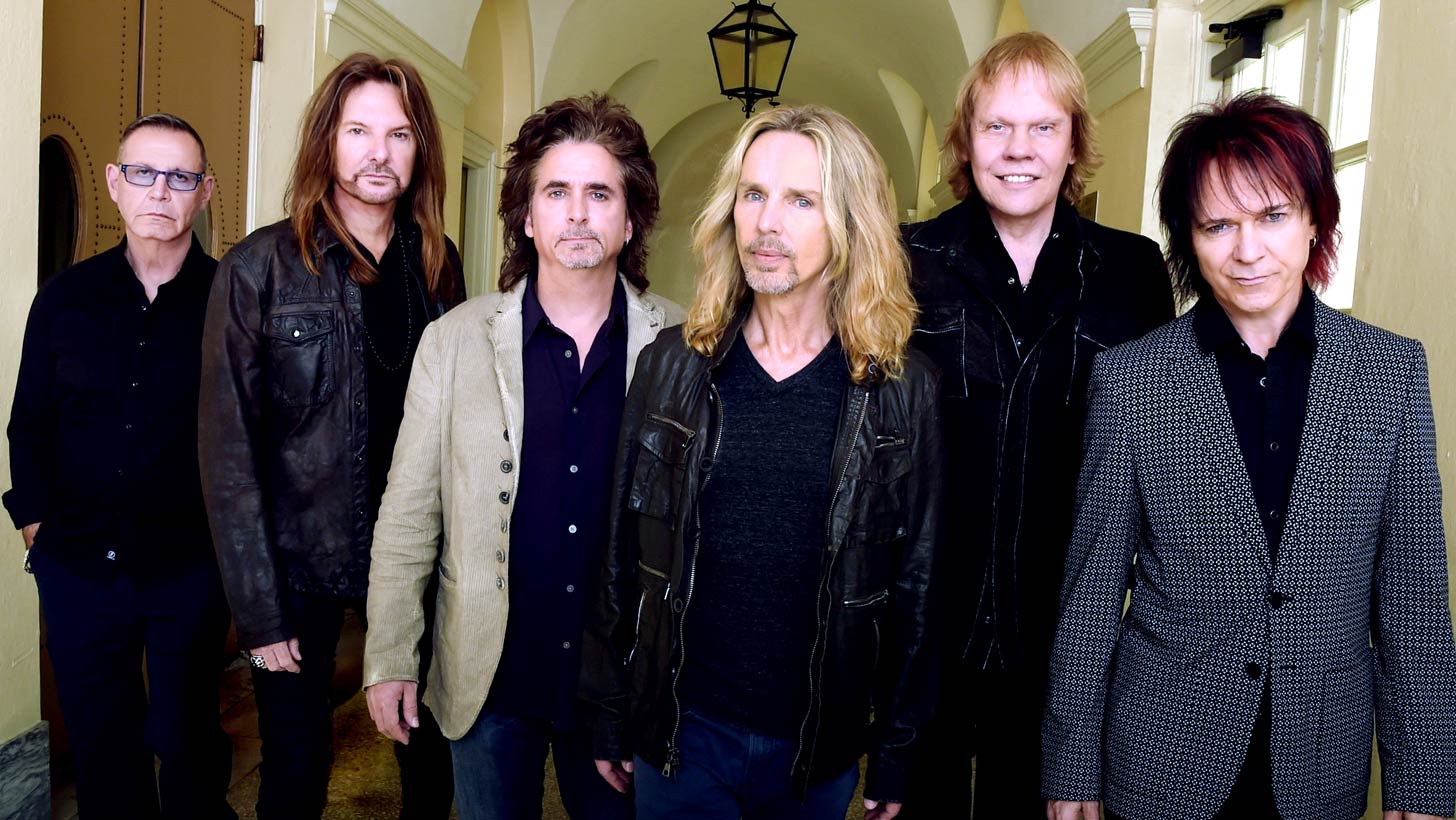Styx
Saturday, Aug. 3Legends Theater at Route 66 Casino Hotel14500 Central Ave. SW8pm • $45 to $89 • All-agesMusic Interview: Crossing Styx With A Hot Guitar
James Young Puts The Rock In The Ride

Latest Article|September 3, 2020|Free
::Making Grown Men Cry Since 1992

Styx
Saturday, Aug. 3Legends Theater at Route 66 Casino Hotel14500 Central Ave. SW8pm • $45 to $89 • All-ages